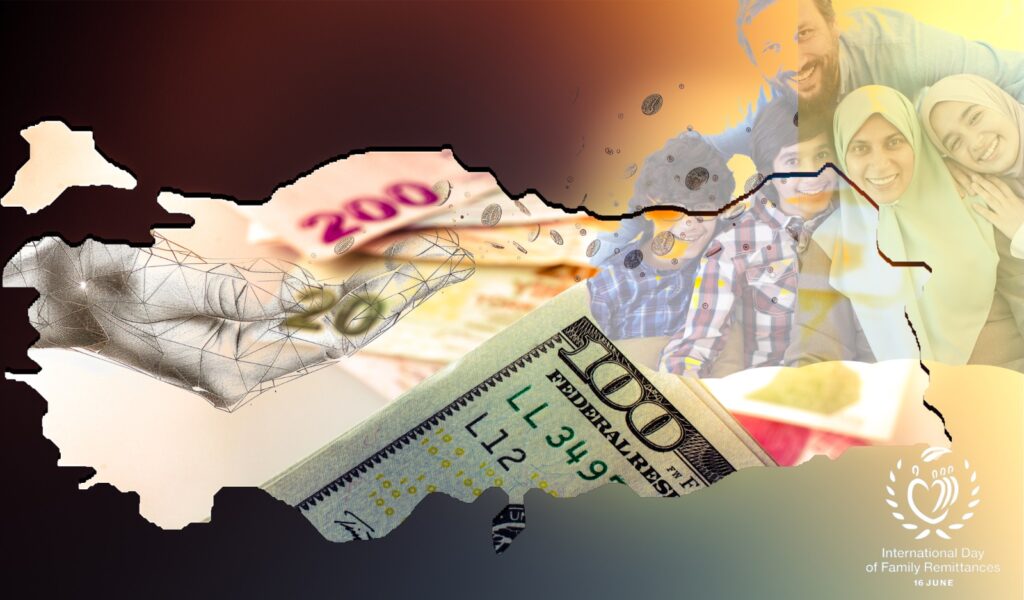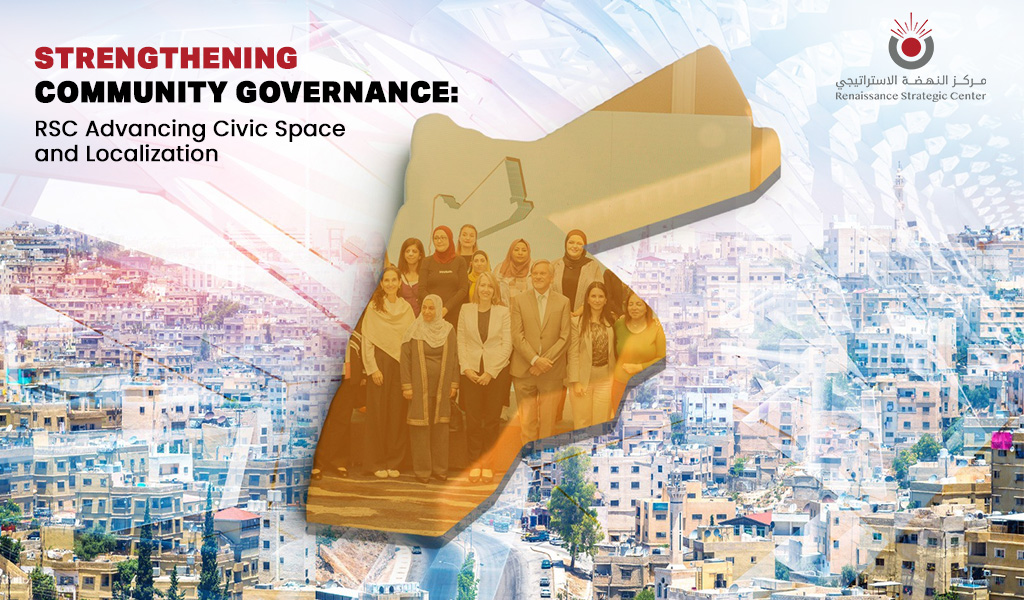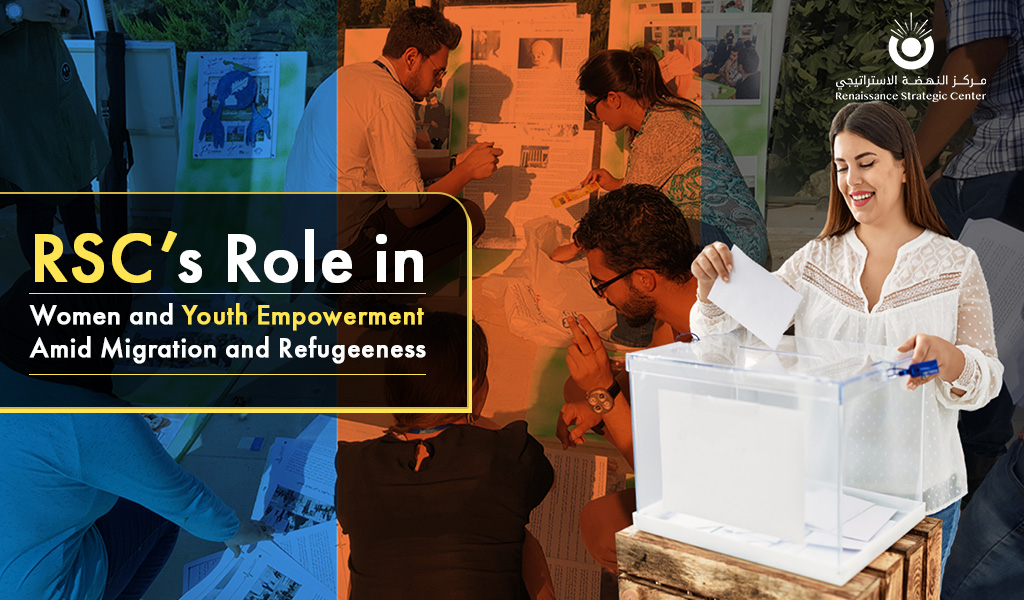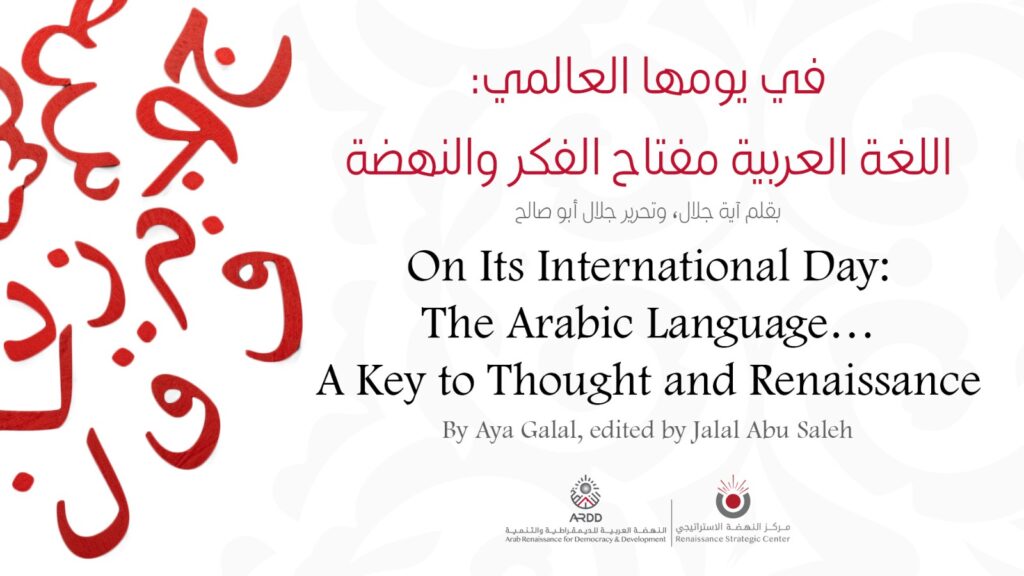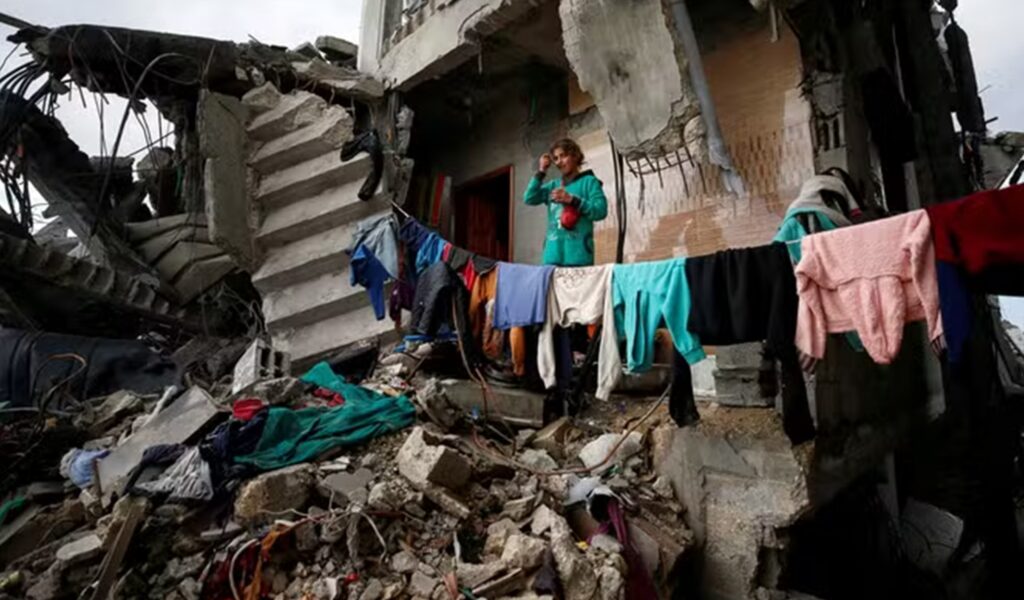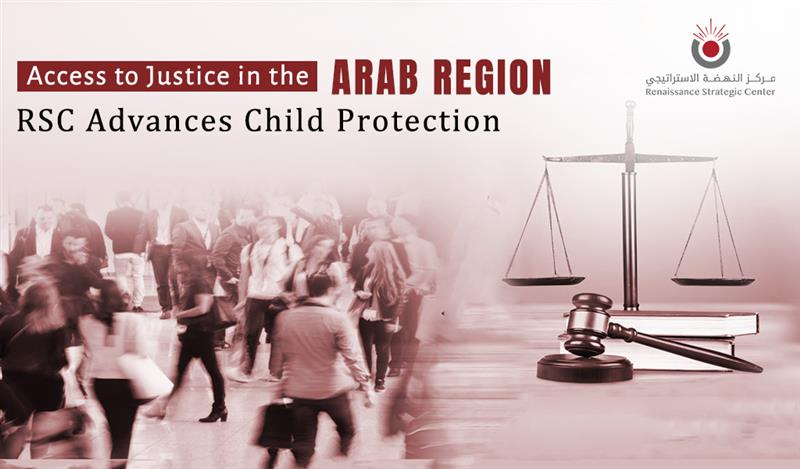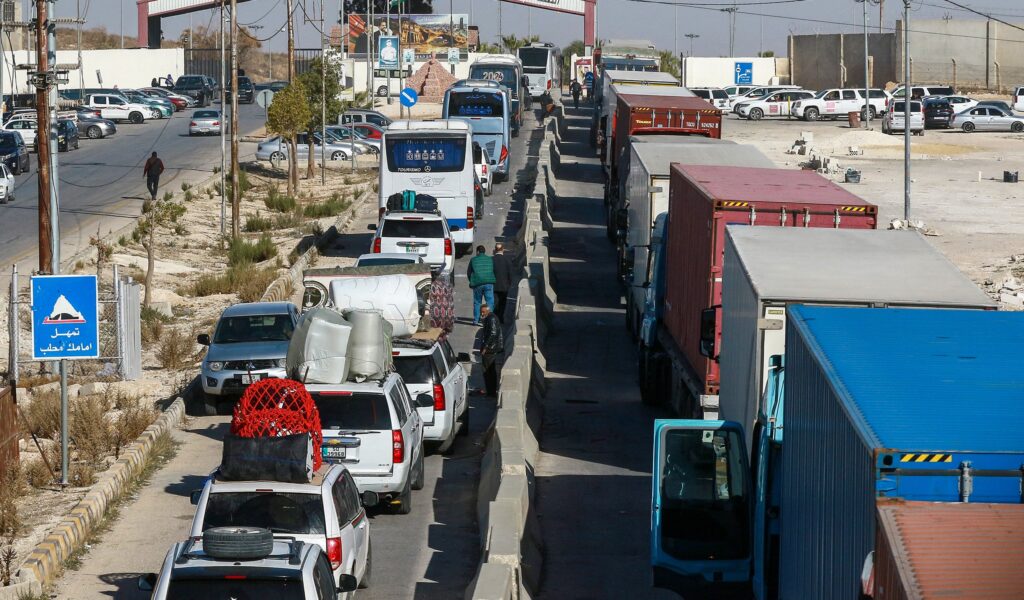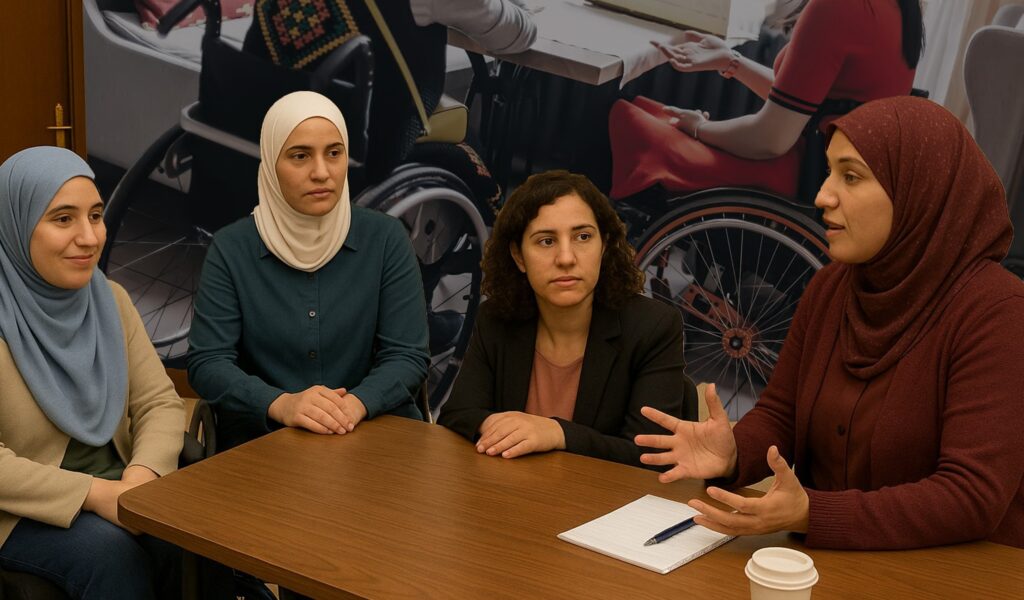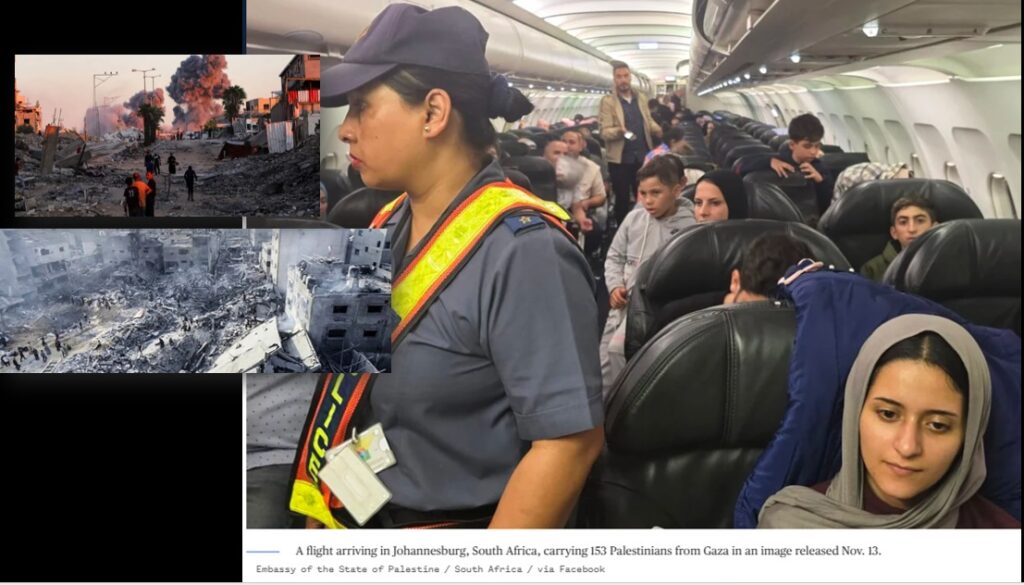by Salomé Berthelin, RSC Research Intern
On 16 June, the International Day of Family Remittances (IDFR), established by the United Nations General Assembly in 2015, pays tribute to the more than 200 million migrants who support more than 800 million family members in their countries of origin[1]. This day highlights the often-underestimated impact of remittances on rural communities and fragile economies. Its aim is to facilitate financial flows and exchanges (especially for migrant women), by promoting policies that support savings, investments and improved financial services for both remittance recipients and the diaspora. One of the IDFR’s centrals goals is to reduce the costs of remittances to less than 3% of the amounts transferred by 2030[2]. Today’s blog will focus on the impact and importance of the financial banking flows sent by workers in the diaspora to their families, focusing on family remittances to Gaza after 7 October, 2023.
This day sheds light on the 1 billion people involved[3] in remittances, either as senders or receivers. We often underestimate the role of remittances in local economies, particularly in rural areas and regions with high poverty rates. Over the past 10 years, 685 billion dollars in remittances have been sent by migrants to their families in low-and middle-income countries, which is more than official development assistance and foreign direct investment. It is therefore a major source of income for many rural areas, which are the primary recipients of these remittances. The UN estimates that a further 4.4 trillion dollars will be transferred by 2030. Much of this money is invested in agriculture and rural development. As Alvaro Lario, President of the Fund for Agricultural Development (IFAD), said during the opening session of the Global Forum on Remittances, Investment and Development in Nairobi, on the 14th of June 2023: “Making the most of remittances and diaspora investments can, paradoxically, curb the need for more to migrate. These flows are great contributors to the wellbeing of millions of persons”.[4]
The Role of Remittances in Palestine’s Economy
By enabling people to survive and have access to basic resources, remittances are saving the lives of millions of families. They are a key driver for economic empowerment and sustainable development, especially in countries with unstable economies. The economy of the Palestinian territories for example, is marked by a high level of dependence, structural fragility and political and security constraints due to the Israeli occupation. Against this backdrop, remittances from the Palestinian diaspora play a crucial economic and social role. According to the World Bank, remittances would represent 18.63% of Palestinian GDP in 2023, coming mainly from the Gulf States, Jordan, Lebanon and Western countries[5]. But in recent years, Turkey has also become a major emigration destination for young Palestinians, seen as a cultural middle ground between Europe and Palestine. As a result of Turkey’s policy of internationalising higher education, many Palestinians study at Turkish universities and then enter the labour market there. This enables them to send the money they have saved back to their families in the West Bank and Gaza.
The Role of Palestinian Workers in Turkey
The importance of these remittances has taken on a particular significance since the recent war in Gaza. Since the economic situation has totally collapsed in the Gaza Strip since 7 October 2023, the majority of the families of Palestinians working in Turkey who have remained in Gaza find themselves without work, without income and without any resources. Remittances therefore represent not just financial support, but are the main source of survival for these families.
Hashem, a Palestinian student from Gaza, came to Turkey five years ago to study economics at the University of Nigda in Anatolia. During an interview I conducted as part of the French Institute of Research in Istanbul, he explained that he began sending the money he earned back to his family by working from the time he started his degree. In fact, he has held a number of jobs in various companies and businesses, ranging from tourism agencies to the Turkish delicacies trade, while continuing his studies.
He explains that he was able to enter his Master’s degree thanks to a scholarship from his Turkish university, which he qualified for by demonstrating that all his income went to his family back home in Beit Hanoun, in northern Gaza. His family was originally a wealthy family from Beit Hanoun and owned a large house. But because his house overlooked Israeli territory, it was one of the first buildings to be destroyed on 8 October by the Israeli army. The army was afraid that it would be used as a firing point by Hamas, given its proximity to Israeli territory.
He adds that his family now owns nothing, and that he has been sending them most of his income since the start of the war. He also says that he does not want to return to live in Palestine after his studies, but is prioritising expatriation to Europe to ‘protect himself and his family’ by continuing to send them money from abroad. Given that the start of his studies was made possible thanks to the support of his family, he now sees these remittances as a way of ‘giving back’ to his family.
Other students do not necessarily have the means to work in addition to their studies, and since the war began have turned to voluntary organisations to help their families. This is the case of Aya – a Palestinian, who was also interviewed as part of my research project – who arrived in Turkey 3 years ago to study anaesthesia. A long-standing member of the FÖDERN Palestinian student association, she receives financial aid from the association which she sends to her family in Gaza. This support is made possible thanks to FÖDERN’s partnerships with several large non-governmental organisations, such as IHH.
Given that remittances are still the only current source of income for many families in Gaza, allowing them to purchase basic goods, the survival of these families still depends on easy access to remittances. To facilitate the remittances from migrants to Gaza during this time of war and total blockade, it is urgent to establish secure humanitarian financial corridors, in partnership with reliable international organisations, ensuring that transfers are rapid, traceable and free from political or administrative obstacles.
References:
FamilyRemittances.org. 2024. “Global Forum on Remittances, Investment and Development.” Accessed: 11 June 2025. https://familyremittances.org/.
International Fund for Agricultural Development. 2023. “Remittances and Diaspora Investments Are Vital to Boost Agriculture and Rural Development, Says IFAD President.” 14th June 2023. Accessed: 11 June 2025 https://www.ifad.org/en/w/news/remittances-and-diaspora-investments-are-vital-to-boost-agriculture-and-rural-development-says-ifad-president.
United Nations. 2024. “International Day of Family Remittances – 16 June.” N.D. Accessed: 11 June 2025 https://www.un.org/en/observances/remittances-day.
World Bank.2024. “West Bank and Gaza: Country Profile”. N.D. Accessed: 11 June 2025. https://data.worldbank.org/country/west-bank-and-gaza?utm_source=chatgpt.com
[1] United Nations. 2024. “International Day of Family Remittances – 16 June.”
[2] United Nations. 2024. “International Day of Family Remittances – 16 June.
[3] FamilyRemittances.org. 2024. “Global Forum on Remittances, Investment and Development.”
[4] International Fund for Agricultural Development. 2023. “Remittances and Diaspora Investments Are Vital to Boost Agriculture and Rural Development, Says IFAD President.”
[5] World Bank.2024. “West Bank and Gaza: Country Profile”. N.D

